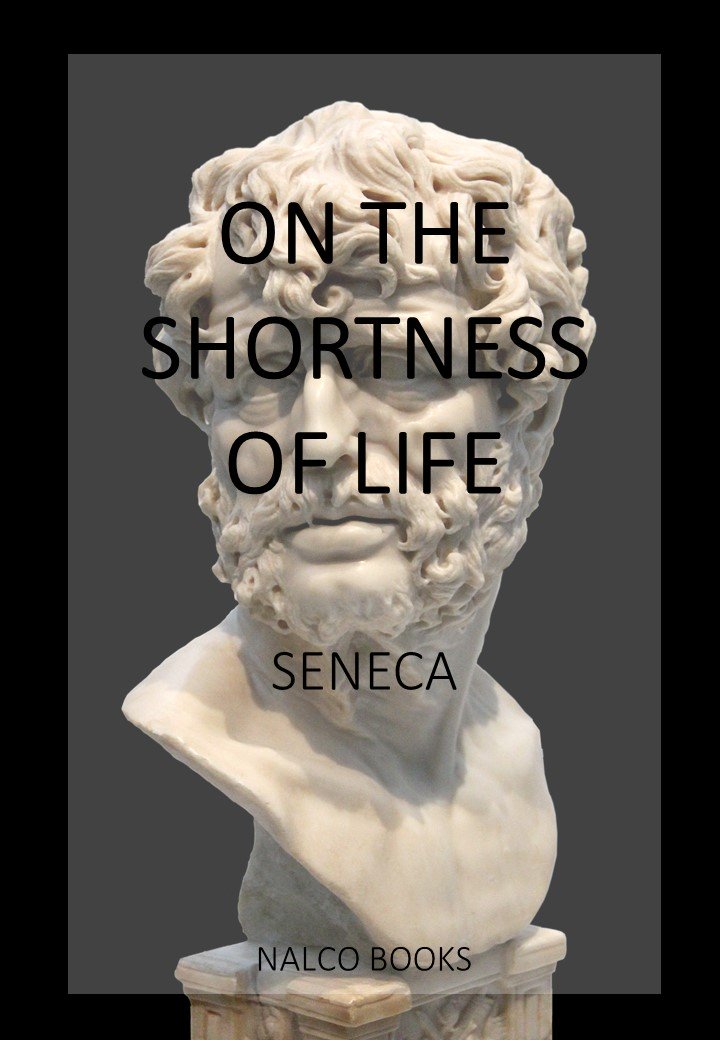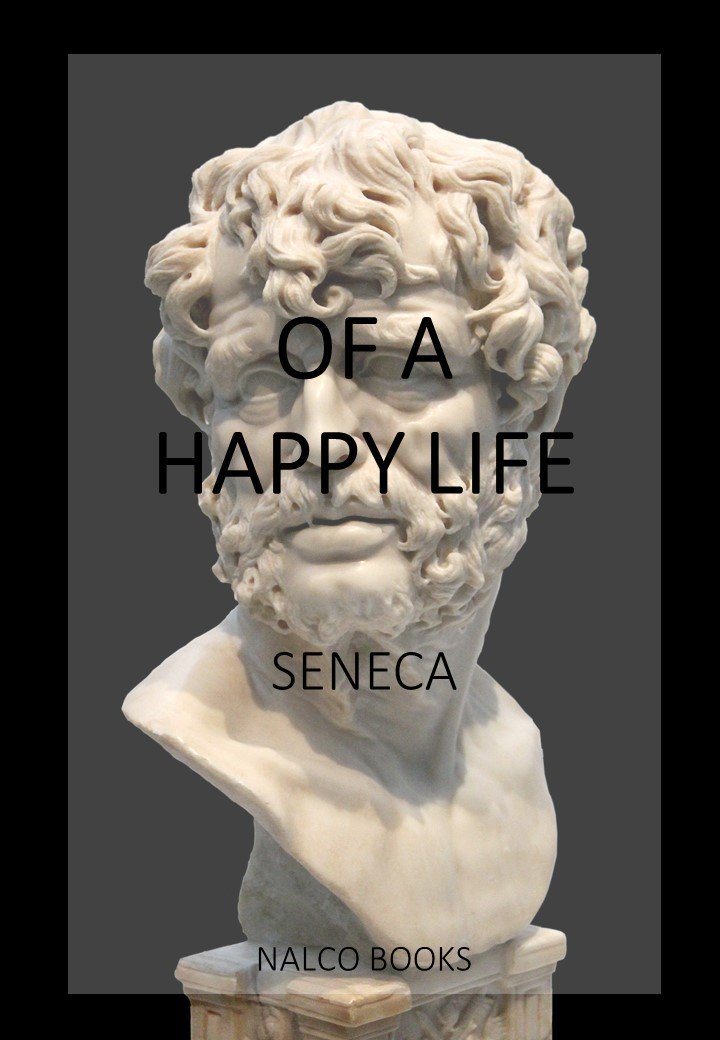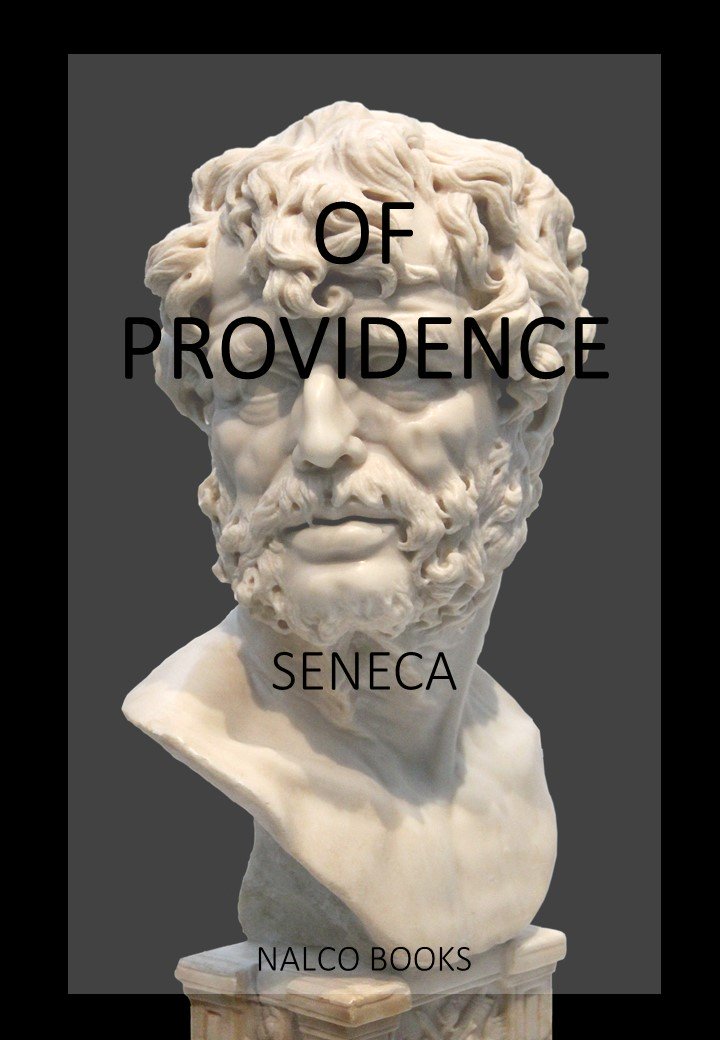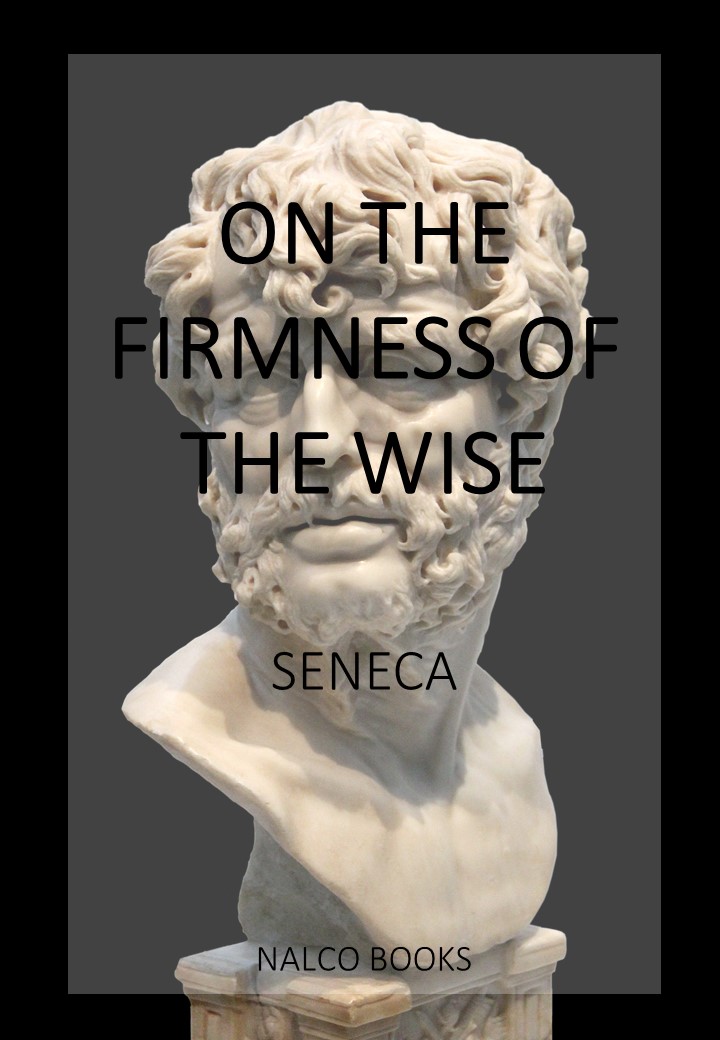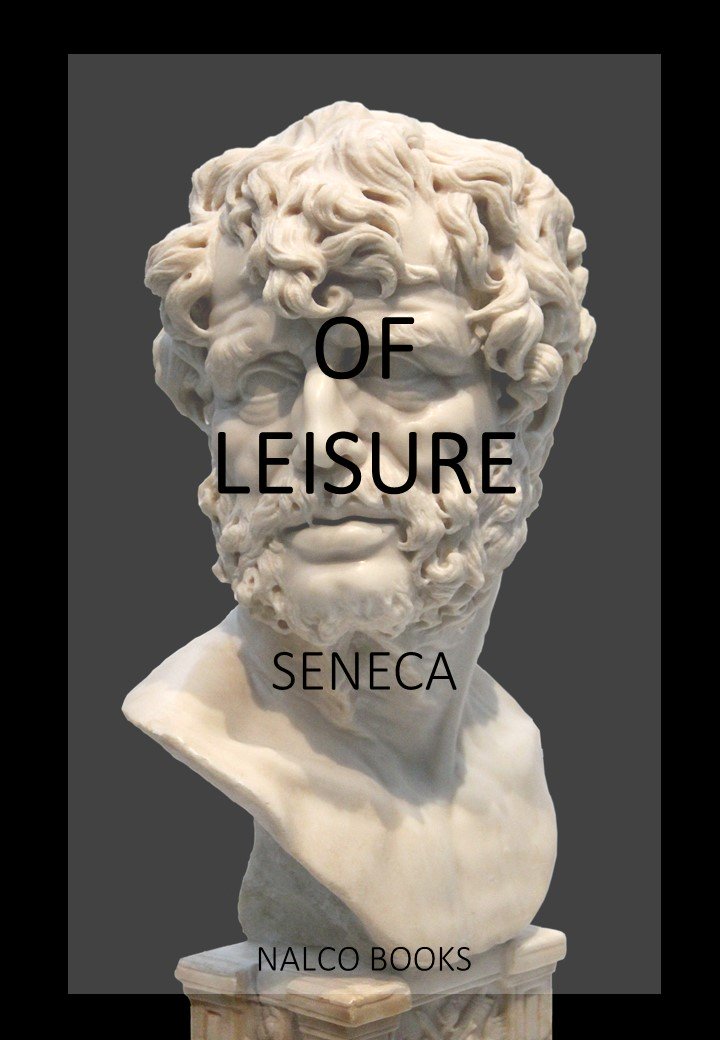Home > Nalcobooks > Wisdom of Seneca: stoic wisdom and philosophy of Seneca The Younger
Wisdom of Seneca: stoic wisdom and philosophy of Seneca The Younger
I started enjoying philosophy and wisdom book during my early 30s, because they give me a lot of context, practical understanding of myself, others and the world.
Seneca The Younger
Seneca the Younger (c. 4 BC – AD 65), fully Lucius Annaeus Seneca and also known simply as Seneca (/ˈsɛnɪkə/), was a Roman Stoic philosopher, statesman, dramatist, and—in one work—satirist of the Silver Age of Latin literature.
Seneca was born in Cordoba in Hispania, and raised in Rome, where he was trained in rhetoric and philosophy. He was a tutor and later advisor to emperor Nero. He was forced to take his own life for alleged complicity in the Pisonian conspiracy to assassinate Nero, in which he was likely to have been innocent.
His father was Seneca the Elder, his elder brother was Lucius Junius Gallio Annaeanus, and his nephew was the poet Lucan. His stoic and calm suicide has become the subject of numerous paintings. As a writer Seneca is known for his philosophical works, and for his plays which are all tragedies. His philosophical writings include a dozen philosophical essays, and one hundred and twenty-four letters dealing with moral issues.
As a tragedian, he is best known for his Medea and Thyestes.
works of seneca the younger
On The Shortness Of Life
Seneca The Younger's essay to Paulinus, which covers his desriptions, observations and ideas about how short, frail and fleeting life is, and many of the people who are caught up in their busy-ness and inability to "unplug" from their ideas of self-imposed commitments, work, busyness, and when they discover that life is so short and frail.
The stoic teachings and observations of Seneca then, applies even more today in our modern world, where we're constantly bombarded with emails, ads, SMSes, demands...we need to slow down, evaluate what we do and live life more mindfully and meaningfully.
I personally have read and re-read this book and its contents multiple times, and each time I still enjoy the teachings today as I first read it before..
Best when read during quiet time during early hours of the morning, or late at night, or when traveling.
>> Buy On The Shortness Of Life now on Amazon at USD 0.99 only <<
Of A Happy Life
"Of the Happy Life" is a dialogue written by Seneca the Younger around the year 58 AD. It was intended for his older brother Gallio, to whom Seneca also dedicated his dialogue entitled De Ira ("On Anger"). It is divided into 28 chapters that present the moral thoughts of Seneca at their most mature. Seneca explains that the pursuit of happiness is the pursuit of reason – reason meant not only using logic, but also understanding the processes of nature.
Lucius Annaeus Seneca, often known as Seneca the Younger or simply Seneca, (c. 4 BC – AD 65) was a Roman Stoic philosopher, statesman, dramatist, and in one work humorist, of the Silver Age of Latin literature.
Translator : Aubrey Stewart (1844-1918)
> Buy Of A Happy Life now on Amazon at USD 0.99 only <<
Of Providence
"Of Providence" is a short essay in the form of a dialogue in six brief sections, written by the Latin philosopher Lucius Annaeus Seneca, "Seneca the Younger" (died AD 65) in the last years of his life. He chose the dialogue form (as in the well-known Plato's works) to deal with the problem of the co-existence of the Stoic design of providence with the evil in the world.
The dialogue is opened by Lucilius complaining with his friend Seneca that adversities and misfortunes can happen to good men too. How can this fit with the goodness connected with the design of providence?
Seneca answers according to the Stoic point of view. Nothing actually bad can happen to the good man (the wise man) because opposites don't mix. What looks like adversity is in fact a means by which the man exerts his virtues.
As such, he can come out of the ordeal stronger than before.
>> Buy Of Providence now on Amazon at USD 0.99 only <<
On The Firmness Of The Wise
De Constantia Sapientis (English: On the Firmness of the Wise) is a moral essay written by Seneca the Younger, a Roman Stoic philosopher, sometime around 55 AD. The work celebrates the imperturbility of the ideal Stoic sage, who with an inner firmness, is strengthened by injury and adversity.
Seneca’s essay “On the Firmness of the Wise Person” (Latin: De Constantia Sapientis) presents stoicism in very clear and practical terms. It is one of the few essays exclusively dedicated to functional stoicism that Seneca wrote. Essays on stoicism often present the school of thought in hypothetical terms, however, this essay focuses on constructive and practicable advice.
Seneca the Younger (c. 4 BC – AD 65), fully Lucius Annaeus Seneca and also known simply as Seneca (/ˈsɛnɪkə/), was a Roman Stoic philosopher, statesman, dramatist, and—in one work—humorist of the Silver Age of Latin literature. As a tragedian, he is best-known for his Medea and Thyestes.
He was a tutor and later advisor to emperor Nero. He was forced to take his own life for alleged complicity in the Pisonian conspiracy to assassinate Nero. However, some sources state that he may have been innocent. His father was Seneca the Elder, his elder brother was Lucius Junius Gallio Annaeanus, and his nephew was the poet Lucan.
>> Buy On The Firmness Of The Wise now on Amazon at USD 0.99 only <<
Of Leisure
De Otio (On Leisure) is a Latin work by Seneca (4 BC–65 AD). It survives in a fragmentary state. In 'On Leisure' Seneca takes a short look at what is really meant by the term 'leisure'. The work concerns the rational use of spare time, whereby one can still actively aid humankind by engaging in wider questions about nature and the universe.
No degree of absolute certainty about the date of writing is possible, but it is thought by a majority of critics to have been written 62 AD or shortly after. Otio is from otium, this literally translates as leisure, vacant time, freedom from business.
Seneca the Younger (c. 4 BC – AD 65), fully Lucius Annaeus Seneca and also known simply as Seneca (/ˈsɛnɪkə/), was a Roman Stoic philosopher, statesman, dramatist, and—in one work—humorist of the Silver Age of Latin literature. As a tragedian, he is best-known for his Medea and Thyestes.
He was a tutor and later advisor to emperor Nero. He was forced to take his own life for alleged complicity in the Pisonian conspiracy to assassinate Nero. However, some sources state that he may have been innocent. His father was Seneca the Elder, his elder brother was Lucius Junius Gallio Annaeanus, and his nephew was the poet Lucan.
>> Buy Of Leisure now on Amazon at USD 0.99 only <<
Back to top of page
